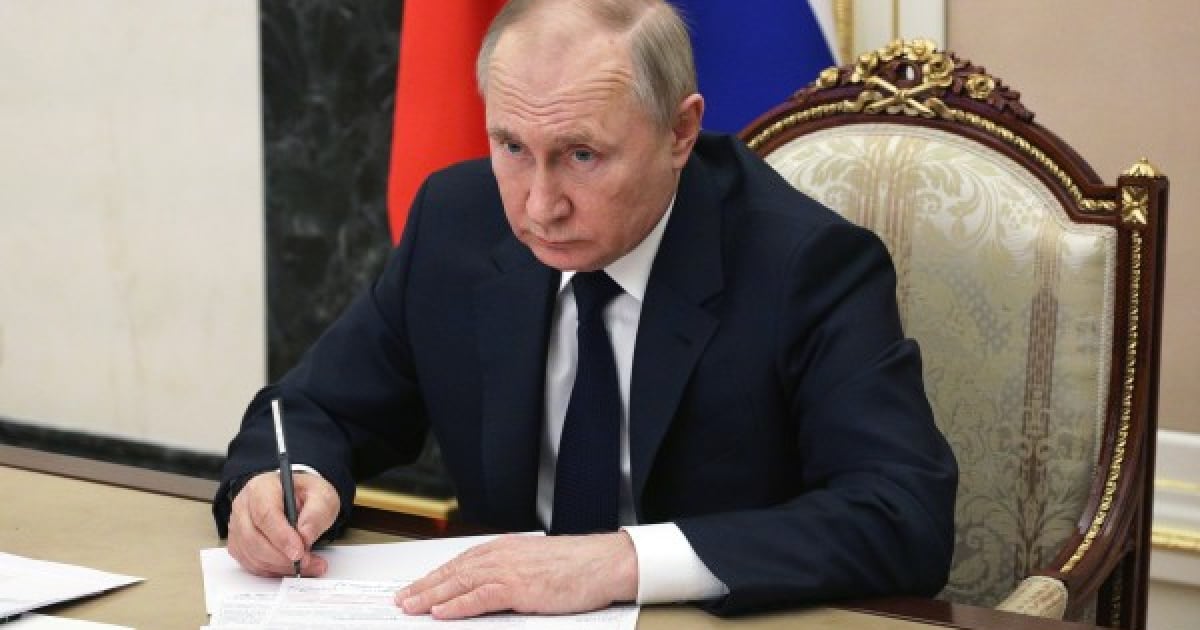Three Cuban migrants have been deported from the Tver region in western Russia, located along the upper course of the Volga River. These individuals entered Russia between 2021 and 2022 and were living there illegally, according to a report by www.abnews.ru on August 30.
The three detainees were found guilty of violating section 1.1 of article 18.8 of the Administrative Offenses Code of the Russian Federation and were fined 2,000 rubles (approximately 20 euros). None of them appealed the decision, and the penalties were enforced.
Russian authorities are conducting raids in the Udomelsky municipal district of the Tver region, forcibly deporting Cubans who are residing illegally in this significant industrial and transportation hub.
New Immigration Law Increases Pressure on Foreign Residents
Earlier this August, Vladimir Putin signed a new immigration law that places foreign residents in Russia under stricter control. The new regulations require the creation of a monitored registry to be used by the Ministry of Internal Affairs and the government. This law will likely impact Cubans living in Russia, outlining the obligations that foreigners must meet to reside legally in the country.
The official stance is that the law aims to pressure foreigners who are illegally in the country to regularize their migration status. They must refrain from participating in activities harmful to Russia, respect the Constitution and existing laws, the environment, natural resources, material and cultural values, and the regional and ethnocultural diversity of the country.
The law also mandates respect for "Russian moral values," prohibits the promotion of homosexuality, and requires acknowledgment of the "Soviet people's" historical struggle against fascism.
Deportations target individuals who are not legally residing in the country, whether due to the expiration of a temporary stay, the annulment of residence permits, or the commission of crimes. Furthermore, the new regulation restricts foreigners from moving within Russian territory or changing their residence without the Ministry of Internal Affairs' permission. They are also barred from getting married, registering as self-employed, opening bank accounts, obtaining loans, or making money transfers, except for purchasing food up to a maximum of 30,000 rubles per month (approximately 350 dollars or 320 euros) and buying tickets to leave the country.
The Russian police are authorized to enter homes and other premises where they suspect illegal migrants are staying. They also have the authority to deport foreign citizens without a judicial process.
In April of this year, a group of Cubans was expelled from Russia following Putin's calls to curb illegal immigration in response to a terrorist attack near Moscow on March 22. Among them, a Cuban woman and her minor children were detained 3,600 meters from the Russian Federation's state border and expelled. Around the same time, a Cuban tourist was detained in Ivanovo and, after confirming he overstayed his visit, was fined and expelled from Russia.
Frequently Asked Questions About Cuban Deportations in Russia
This section addresses common questions regarding the recent deportations of Cuban migrants in Russia and the new immigration laws that have been implemented in the country.
What were the Cuban migrants found guilty of?
The Cuban migrants were found guilty of violating section 1.1 of article 18.8 of the Administrative Offenses Code of the Russian Federation, which pertains to illegal residency.
What does the new Russian immigration law entail?
The new Russian immigration law increases control over foreign residents, requiring them to be registered in a monitored registry and comply with various obligations, including respecting Russian laws, moral values, and the country's historical narrative.
How does the new law impact the mobility of foreign residents in Russia?
The new law restricts the mobility of foreign residents within Russian territory, preventing them from changing their residence without permission from the Ministry of Internal Affairs.
What actions are Russian authorities taking to enforce the new immigration law?
Russian authorities are conducting raids and have the authority to enter homes and other premises where they suspect illegal migrants are staying. They can also deport foreign citizens without a judicial process.
